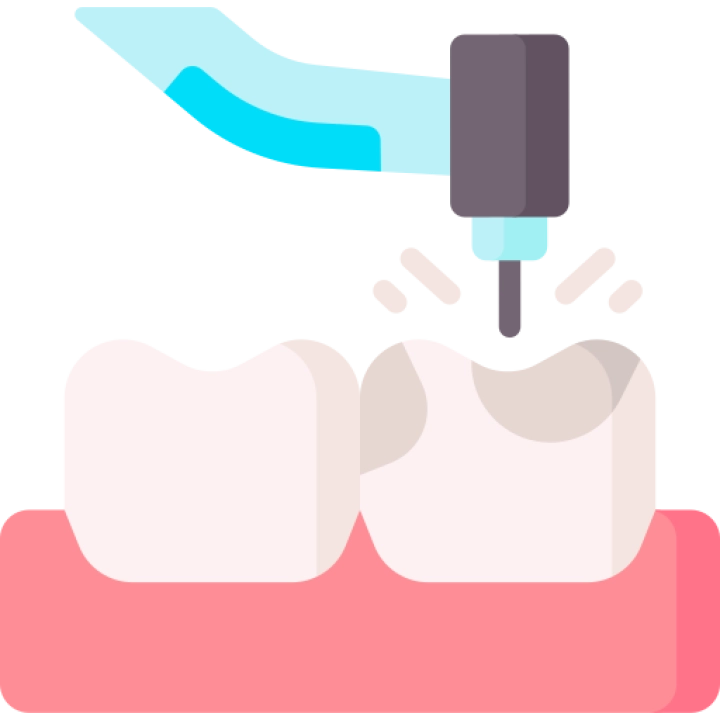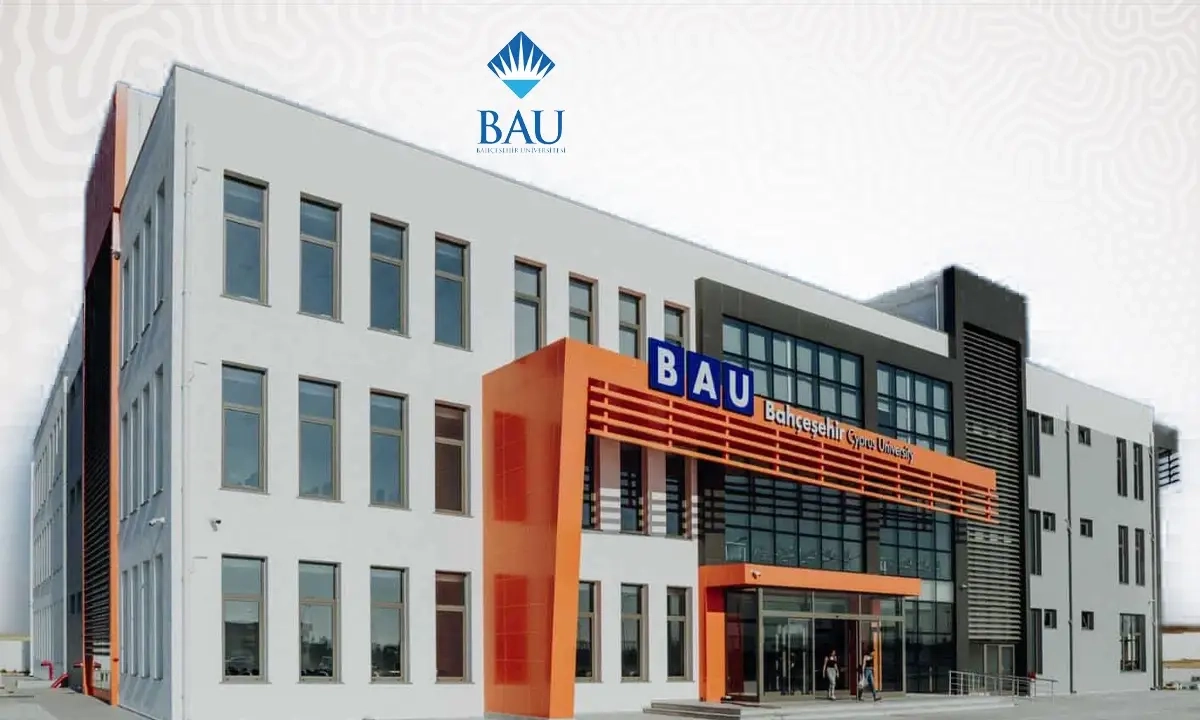Faculty: Health Sciences
The specialization in Dental Prosthetics Technology focuses on the design, manufacture, and repair of dental prosthetics, including dentures, crowns, bridges, and implants. Students develop skills in dental materials, laboratory techniques, and digital dentistry. Graduates are prepared to work as dental technicians, laboratory managers, and dental prosthetic specialists in dental labs, clinics, and hospitals.
Learning Objectives:
- Understand the fundamentals of dental prosthetics and material sciences.
- Develop skills in dental laboratory techniques and digital dentistry.
- Learn techniques for designing, manufacturing, and repairing dental prosthetics.
- Explore principles of dental anatomy, occlusion, and aesthetics.
- Analyze and interpret dental prosthetics data and patient requirements.
- Develop critical thinking, problem-solving, and technical skills for effective dental prosthetics practice.
Main Curriculum:
- Introduction to Dental Prosthetics Technology
- An overview of key concepts, principles, and practices in dental prosthetics technology.
- Basics of dental prosthetics, materials, and laboratory techniques.
- Dental Materials Science
- Principles of dental materials science, including properties, selection, and processing of materials.
- Techniques to understand and apply dental materials in the manufacturing of prosthetics.
- Dental Laboratory Techniques
- Principles of dental laboratory techniques, including waxing, investing, casting, and finishing.
- Techniques to perform various laboratory procedures in the manufacture of dental prosthetics.
- Digital Dentistry
- Principles of digital dentistry, including CAD/CAM techniques, 3D printing, and digital workflows.
- Techniques for designing and manufacturing dental prosthetics using digital technologies.
- Dental Anatomy and Occlusion
- Principles of dental anatomy and occlusion, including dental morphology, arch forms, and occlusion schemes.
- Techniques for applying dental anatomy and occlusion principles in prosthetic design.
- Aesthetics in Dental Prosthetics
- Principles of aesthetics in dental prosthetics, including shade matching, characterization, and smile design.
- Techniques for creating aesthetically pleasing dental prosthetics.
- Implant-Supported Prosthetics
- Principles of implant-supported prosthetics, including implant components, surgical guides, and prosthetic designs.
- Techniques for manufacturing and restoring dental implants.
- Practical/Applied Training
- Real-world experiences in implant-supported prosthetics settings, including hands-on training and practical projects in dental labs, clinics, or hospitals.
- Application of acquired skills in practical prosthetic scenarios.
- Graduation Project in Dental Prosthetics Technology
- A comprehensive project to apply skills in dental materials science, laboratory techniques, or digital dentistry.
- Presentation of a polished dental prosthetics project, case study, or research presentation.
Assessment Methods:
Projects in dental materials science, laboratory technique reports, digital dentistry projects, dental anatomy and occlusion analysis, aesthetics in prosthetics studies, implant-supported prosthetics projects, practical training reports, graduation projects, group projects, and presentations.
Recommended Textbooks:
- "Dental Prosthetics Technology" by various authors.
- "Dental Materials Science" by various authors.
- "Dental Laboratory Techniques" by various authors.
- "Digital Dentistry" by various authors.
- "Dental Anatomy and Occlusion" by various authors.
- "Aesthetics in Dental Prosthetics" by various authors.
- "Implant-Supported Dental Prosthetics" by various authors.
Prerequisites:
Basic knowledge of biology and chemistry, and an interest in dental technology and material sciences.
Duration:
Typically two to four years to obtain an associate's or bachelor's degree, including coursework, internships, and graduation projects.
Certification:
Graduates may earn a degree or certificate in Dental Prosthetics Technology and pursue higher education or professional certifications, like those offered by the National Board for Certification in Dental Laboratory Technology (NBC) or the American Board for Certification in Orthotics, Prosthetics, and Pedorthics (ABC).
Target Audience:
Aspiring dental technicians, laboratory managers, prosthetic specialists, and healthcare professionals aiming to work in dental labs, clinics, hospitals, and various roles related to dental prosthetics. This specialization equips students with the technical, laboratory, and digital skills necessary to excel in dental prosthetics technology, supporting careers in diverse dental and healthcare environments specializing in dental prosthetics manufacturing.
















